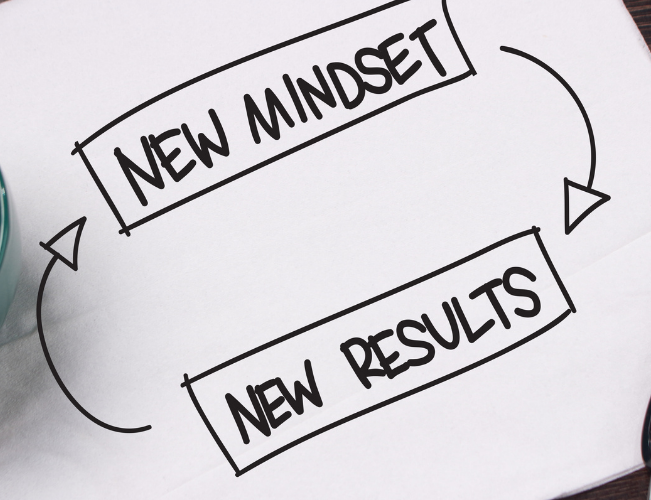Medical insurance is an essential investment for every individual and family in India. It provides financial security against unforeseen medical expenses, which can be quite high in India.
There are various types of medical insurance policies available in India, such as individual, family floater, senior citizen, critical illness, and group policies. Each policy has its own features, benefits, and exclusions. Some popular features of medical insurance policies are:
- Pre- and post-hospitalization expenses: These cover medical expenses incurred before and after hospitalization.
- In-patient hospitalization: This covers medical expenses incurred during hospitalization, including room rent, nursing charges, surgeon fees, etc.
- Day care procedures: These cover medical expenses incurred for day care procedures, which do not require hospitalization.
- Ambulance charges: This covers the cost of ambulance services to transport the insured to the hospital.
- Pre-existing diseases: Most medical insurance policies cover pre-existing diseases after a waiting period of 2-4 years.
Riders are additional benefits that can be added to a medical insurance policy at an extra cost. Some common riders are:
- Critical illness rider: This covers expenses incurred for the treatment of critical illnesses, such as cancer, heart attack, and stroke.
- Personal accident rider: This covers expenses incurred for accidental injuries, such as loss of limbs, paralysis, and permanent disability.
- Maternity rider: This covers medical expenses incurred during pregnancy, childbirth, and newborn care.
When selecting the right amount of medical insurance, one should consider the following factors:
- Age: As we get older, the likelihood of falling sick increases, and so does the cost of medical treatment. Hence, older individuals should opt for higher insurance coverage.
- Health condition: If an individual has a pre-existing medical condition, they should opt for higher insurance coverage to cover the cost of treatment.
- Family size: A family floater policy provides insurance coverage for the entire family, and the sum insured should be sufficient to cover the medical expenses of all family members.
One pitfall to be careful about in medical insurance is the room rent capping. Most medical insurance policies cap the room rent at a certain percentage of the sum insured, which can be inadequate for high-end hospitals. Hence, one should carefully check the room rent capping before buying a policy.
Some lesser known but useful insights about medical insurance are:
- Most medical insurance policies provide cashless treatment at network hospitals, which eliminates the need to pay upfront and claim reimbursement later.
- Most medical insurance policies have no-claim bonuses, which increase the sum insured every year without an increase in premium.
- Most medical insurance policies have a cumulative bonus, which increases the sum insured for every claim-free year.
In conclusion, medical insurance is a necessary investment for every individual and family in India. It provides financial security against unforeseen medical expenses, which can be quite high in India. One should carefully select the right insurance amount and be aware of room rent capping and other pitfalls while choosing a medical insurance policy.
